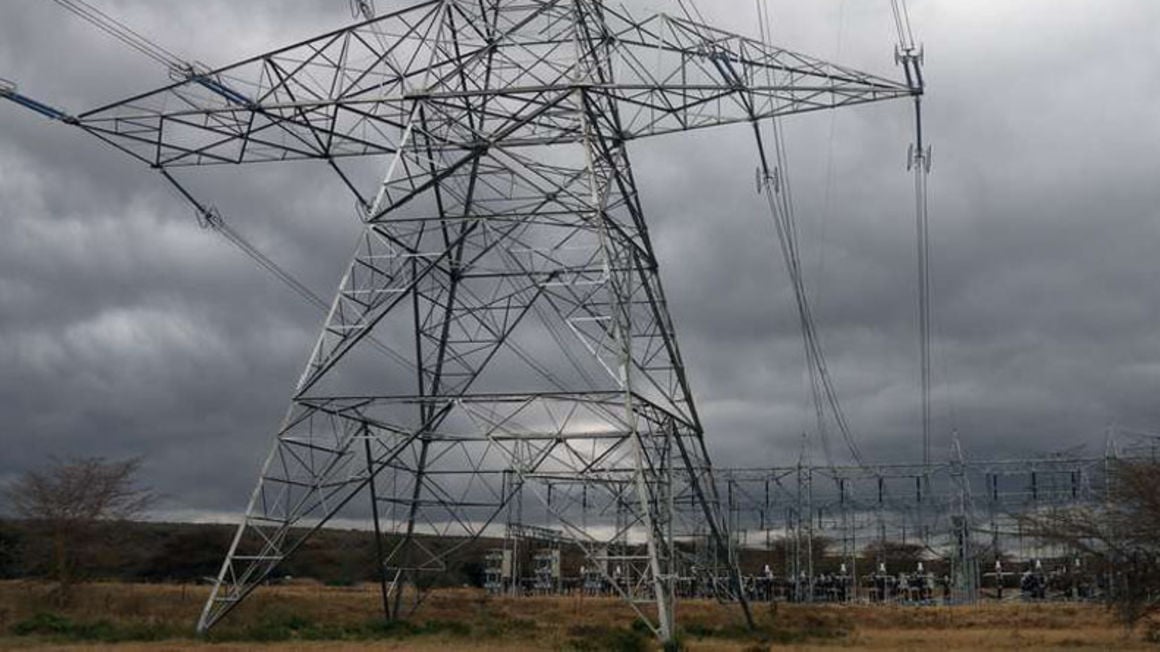
Kenya will allow private firms that enter the electricity distribution market to import power from neighbouring countries, putting pressure on power producers to cut wholesale tariffs.
This is among the proposals by the Energy and Petroleum Regulatory Authority (Epra) to open the electricity distribution sector, spark competition with Kenya Power and boost service delivery to consumers.
Widening options for the power distributors is likely to trigger increased competition on the wholesale tariffs, ultimately leading to cuts on the cost of power to consumers.
High wholesale tariffs from producers have made it difficult for Kenya Power to reduce power bills for consumers given that the utility cannot sell electricity at a loss.
Currently, only Kenya Power is allowed to sign electricity import agreements with foreign electricity producers and has deals with Ethiopia Electric Power and the Uganda Electricity Transmission Company Limited.
Read: Power imports nearly triple on biting drought
“The Authority may, on receipt of an application, grant the applicant any of the following categories of licence; Electricity export/import licence, which shall entitle the holder to export or import electrical energy to or from another country,” the regulations say.
The licence will also allow the firms to export power to neighbouring countries in what will offer them a wider basket of buyers, a move that sets up Kenya Power for having to offer more competitive rates to power producers.
Ethiopia and Uganda are the only countries with excess hydroelectricity that they are currently selling to Kenya.
However, the firms must get regulatory approval for the consumer tariffs that they will charge, just like Kenya Power whose tariffs must be reviewed and approved by Epra.
The licence to import and export electricity is one of the five that the government is offering new entrants into the electricity generation and distribution space.
They include licences to build, operate and maintain systems meant to generate electricity, approval to build, operate and maintain infrastructure meant for power transmission and a retail supply to sell, bill and collect revenue.
The other licences will allow firms to build infrastructure to carry electricity generation stations at high voltage to load centres or connect with another transmission system including that of Kenya Power.
The draft regulations follow the publishing of the energy (Electricity Market, Bulk Supply and Open Access) Regulations, 2024 that seeks to end the monopoly that Kenya Power has enjoyed for decades.
Firms keen to enter the electricity distribution space have been given the nod to use the distribution and transmission network of Ketraco and Kenya Power, estimated at 4,660 kilometres and 310,618 kilometres respectively.
But the new entrants will have to pay wheeling charges —the money paid to a system owner (in this case Kenya Power and Ketraco) by other firms who wish to use the system to transmit electricity.
Firms will be required to apply to Epra for licence renewals three years before expiry of the current ones if the draft regulations are adopted by Parliament in the current state.
“If the licensee wishes to renew this licence after its expiration date, the licensee shall submit to the Authority an application for renewal not later than thirty-six (36) months prior to the expiration of this Licence,” the draft regulations say.
Kenya Power had 9.2 million customers as at June last year who have, however, had to grapple with blackouts mainly due to an ageing transmission line. Frequent outages in addition to costly electricity have driven a large number of potential and existing customers to set up alternative electricity systems, mainly solar and biomass.
Read: Power imports triple on low hydro output
Big firms such as the East African Breweries Plc (EABL), Bamburi Cement, Carbacid Investments and Unga Group are some of the leading electricity consumers who have installed alternative electricity sources, including solar.
Wealthy homes are also setting up solar systems in a bid to end reliance on Kenya Power’s supply besides cutting their electricity bills.
→ jmutua@ke.nationmedia.com

No comments:
Post a Comment